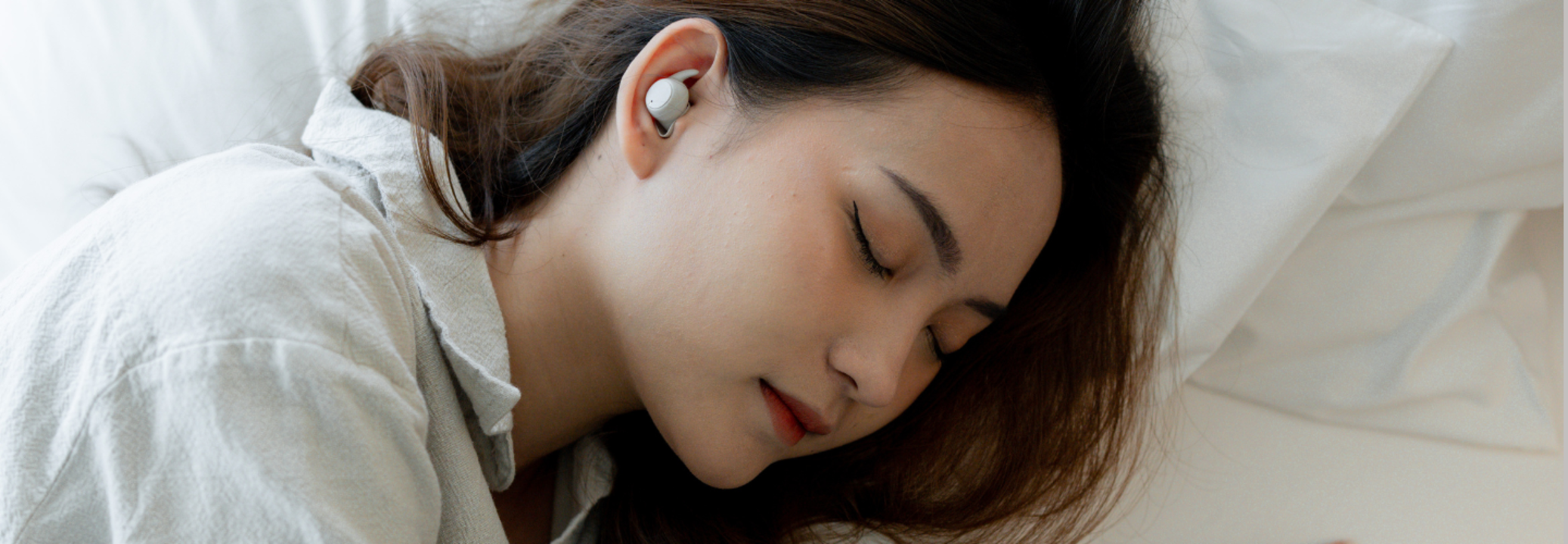Is It Really Bad To Sleep With Headphones On?

Image Credit: Canva
SummarySleeping with headphones or earbuds can improve sleep quality by blocking out noise, but it’s essential to keep the volume low, choose comfortable earphones, and avoid prolonged use to prevent hearing damage.
End of Article
